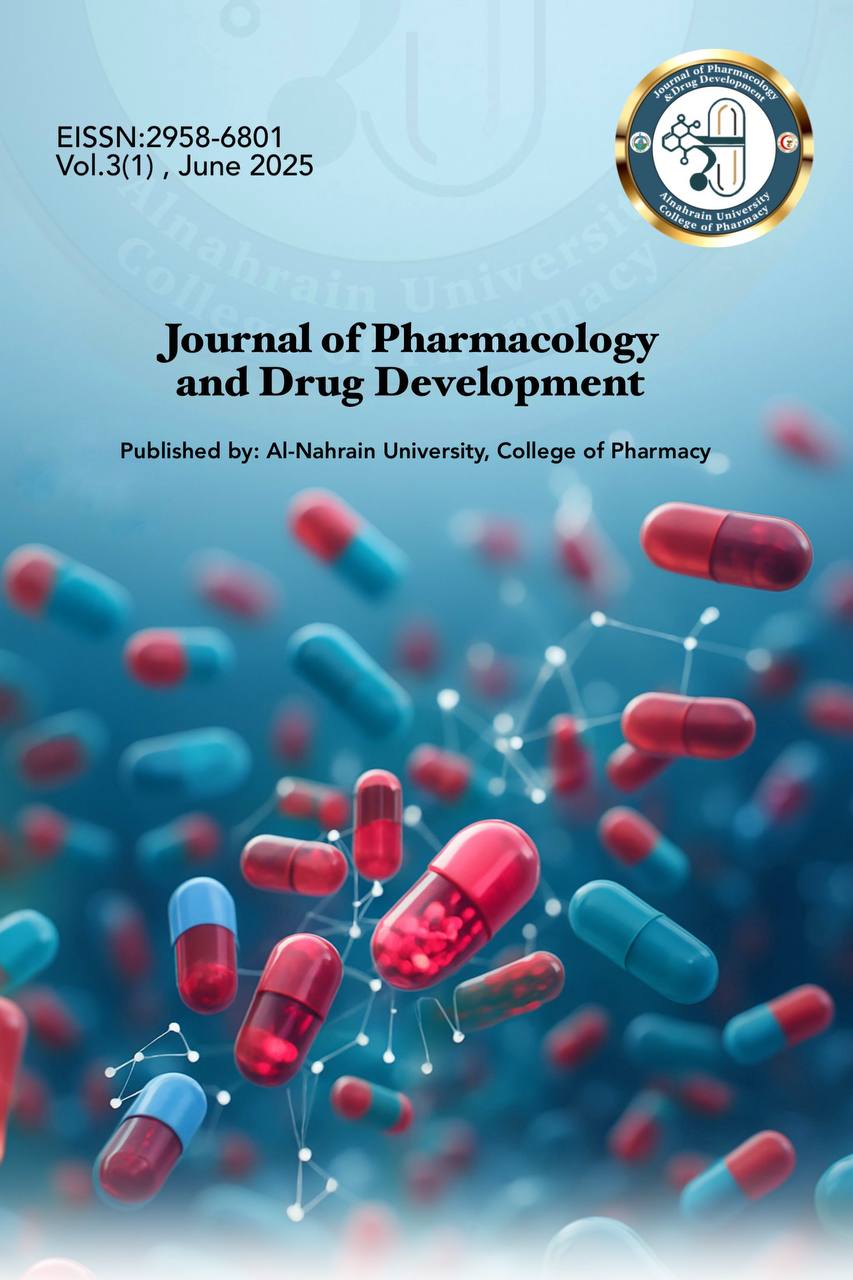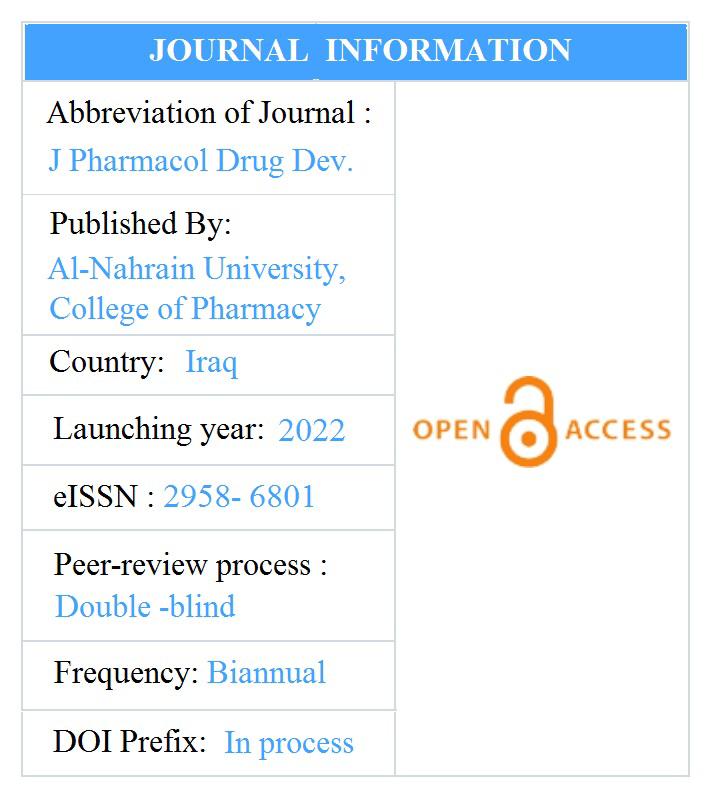The Impact and Role of Probiotic Bacterium Streptococcus Salivarius on Oral and Dental Health
Keywords:
Streptococcus salivarius, Probiotics, Dental Health, MicroorganismsAbstract
Streptococcus salivarius is a Gram-positive, non-pathogenic bacterium naturally found in the oral microbiota of healthy individuals. It is recognized as an effective probiotic due to its antimicrobial properties and ability to stimulate the immune system, particularly activating natural killer (NK) cells and producing anti-tumor cytokines such as interferon-gamma and interleukin-12 (IL-12). Strains K12 and M18 of this bacterium are specifically used to combat harmful oral bacteria and prevent tooth decay. These strains act by producing bacteriocins, especially against Streptococcus mutans (the main cause of tooth decay). Probiotics, in general, are live microorganisms that, when consumed in sufficient amounts, have beneficial effects on the host's health. Streptococcus salivarius, as a probiotic, plays a role not only in oral and dental health but also in improving overall body health. Studies have shown that this bacterium can help reduce bad breath, improve gum health, and reduce dental plaque formation. Additionally, the use of products containing this probiotic, such as toothpaste and mouthwash, can help its effective colonization in the oral cavity. Compared to conventional methods such as the use of antibiotics, probiotics are safer and reduce the risk of microbial resistance. However, probiotic consumption may cause mild side effects such as bloating or diarrhea in some individuals. Overall, Streptococcus salivarius as a promising probiotic plays an important role in maintaining oral and dental health and improving the quality of life.





